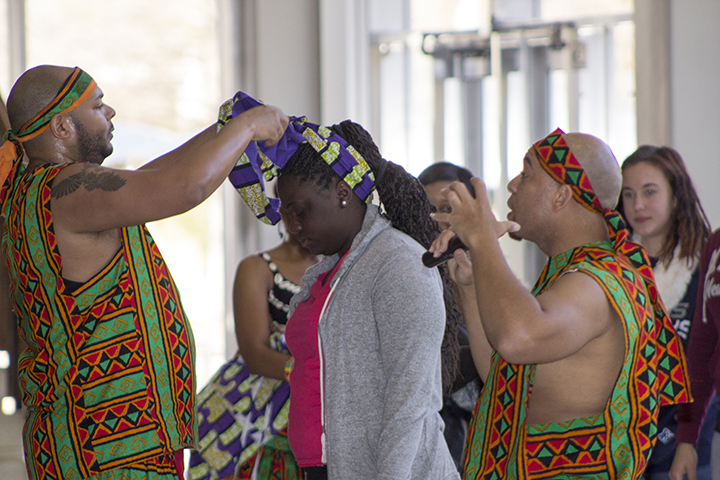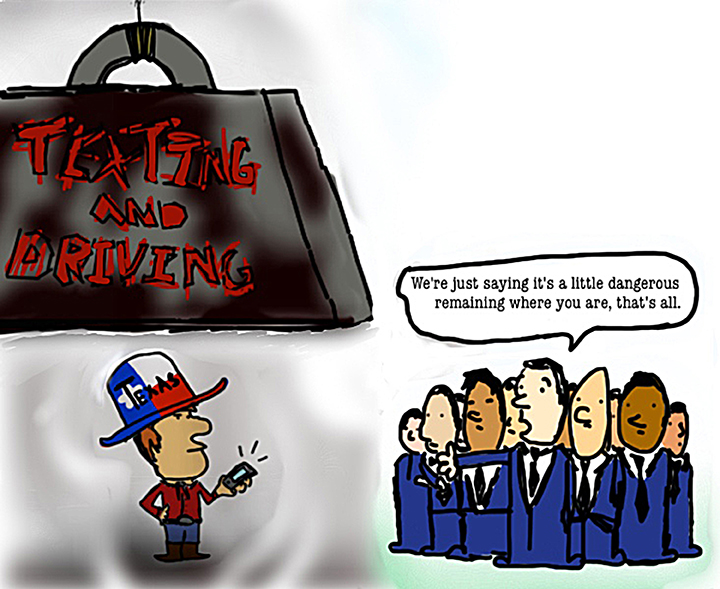By Alex Miller/reporter
Women in the Civil Rights Movement don’t get the credit or attention they deserve, a SE Campus history associate professor told students Feb. 6.
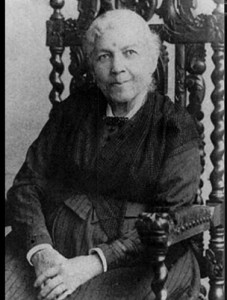
As part of the Changing America series, Gregory Kosc presented African-American Women in the Civil Rights Era. He explained the impact women had on the Civil Rights Movement, the various hardships they had to endure and that gaining equality is still an ongoing process.
“Change takes time,” he said. “It doesn’t happen overnight.”
Kosc discussed historical figures that most history books didn’t include.
One of them was Harriet Jacobs, who started the trend of writing and speaking about sexual abuse during slavery. This idea was met with a lot of backlash from the public, Kosc said. It was a subject that many felt was best left untouched.
“I don’t believe in sweeping things under the rug,” he said. “I want the whole truth.”
Another prominent figure mentioned was Ida B. Wells, a journalist and newspaper owner in Memphis, Tenn. She exposed the practice of black men being accused of rape as a reason for lynching.
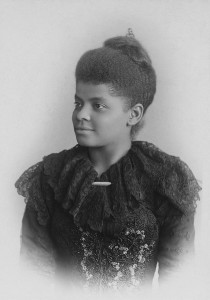
In retaliation, her newspaper was burned down, Kosc said.
Kosc also discussed the Abbeville, Ala., court case of Recy Taylor, who was raped by a group of men who later confessed to the crime. The NAACP took interest in her case, with the nearest branch in Montgomery, Ala., where Rosa Parks was the executive secretary.
Although Taylor’s case was dismissed, it laid the groundwork for activism throughout the South and throughout the country.
“Montgomery, Ala., didn’t become a hotbed for activism overnight,” Kosc said. “It became a hotbed for activism because of Rosa Parks.”
SE students Graham Guttman and Sheryl Washington both said they enjoyed the speech, saying it made them want to do more research on the topic.
“The Recy Taylor case captured my attention the most,” Guttman said.
As a result of the speech, Washington made some observations about herself.
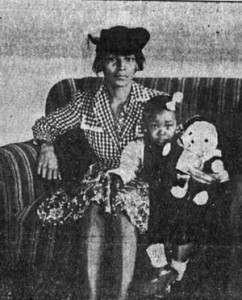
“As an African-American woman, it kind of makes me feel ashamed that I didn’t know most of these women,” she said.

























